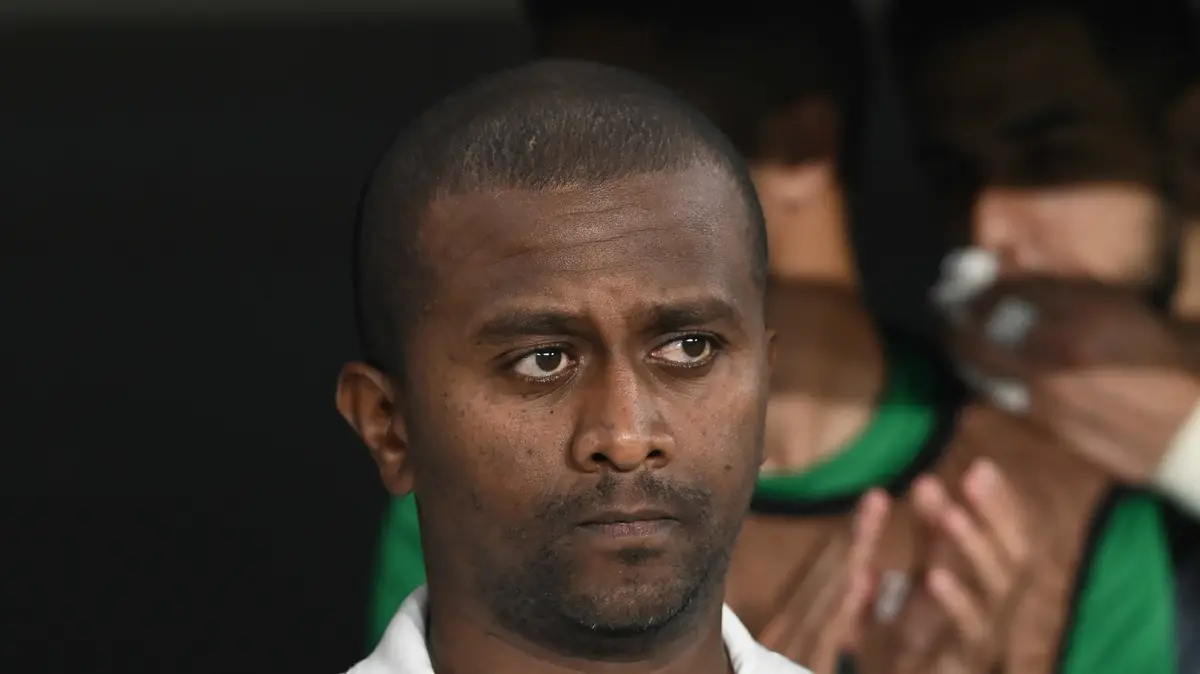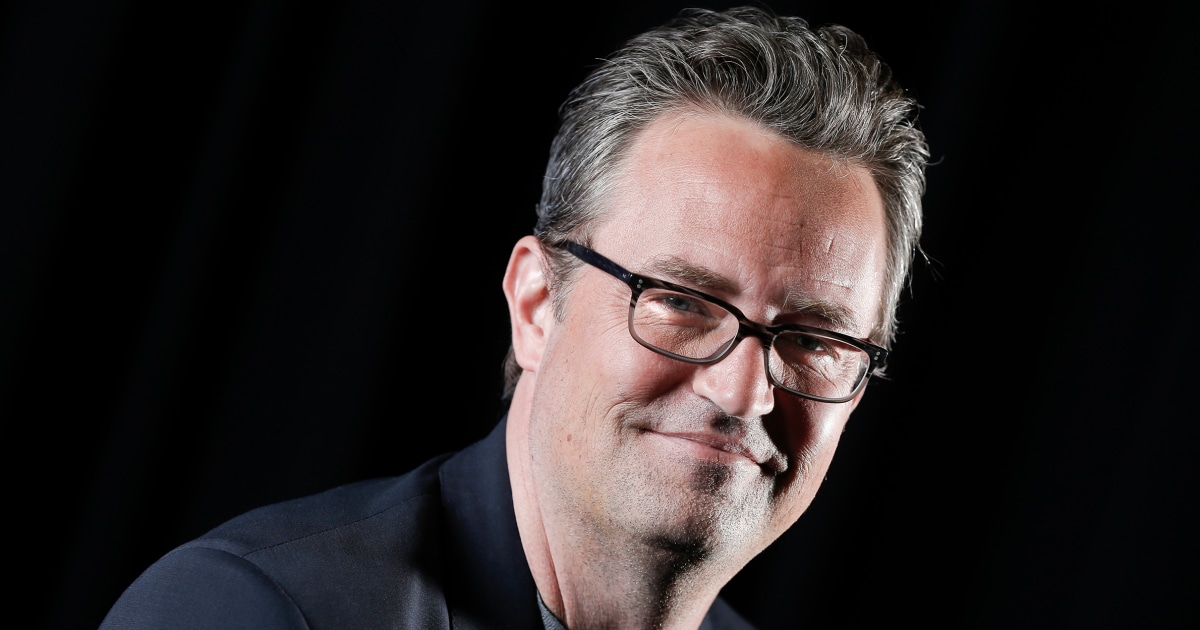The process failed, but there is still a clear winner: the lawyers. Around one o'clock in the morning, around 60 lawyers from the pharmaceutical industry and the plaintiffs bargained with each other. Then there was the deal: The pill markers agreed to pay 260 million dollars to two districts in Ohio for their part in the devastating opioid crisis in America - of course without explicit admission of guilt. Judge Dan Polster then blew off Monday's hearing at his Cleveland court.
The litigants probably earned a million or more that night. How lucrative the profession can be can be studied in similar cases of the past: The State of West Virginia was the first in four comparisons with manufacturers and wholesalers of addictive analgesics agreed: Of the total $ 94 million compensation were calculated by the Washington Post "Twenty-four million dollars for state-solicited lawyers - a quarter of the total.
The big deal is still pending
What sounds like a lot of money, are peanuts compared to what is likely to come. The Cleveland-negotiated settlement affects only two out of some 2,500 claims against the pharmaceutical industry. The municipalities accused the three leading wholesalers McKesson, Cardinal Health and AmerisourceBergen and the pharmacy chain Walgreens and the Israeli drug maker Teva complicity in the addiction epidemic, which began with the mass prescription of the painkiller Oxycontin in the 1990s.
In the past two decades, 400,000 Americans have died from an overdose of legal and illegal opioids - especially heroin and fentanyl. Walgreens did not join the comparison.
For both sides, the deal has advantages: The pharmaceutical companies are spared the fact that documents reach the public, which allegedly do not shed good light on their business practices. The plaintiffs accuse the industry of having aggressively marketed their dangerous pills and downplayed the addictiveness against better knowledge. Indications of increasing abuse were ignored, the main thing business was running.
But the plaintiffs also have an interest in reaching an agreement. While court cases often last for years, they quickly get the money they urgently need to fight addiction.
Pharmaceutical companies have offered $ 48 billion
Now, the big deal is being negotiated, which is to settle all complaints of states, districts, cities and Indian tribes at the federal level in a wash-up. The pharmaceutical industry has offered $ 48 billion: $ 22 billion in cash, another $ 26 billion to flow in the form of drugs and aids against dependency.
The threads come together at Judge Dan Polster in Cleveland, who considers the comparison to be the best solution given the immense complexity of the cases. "If someone asks why the jurisdiction is to solve a 20-year social epidemic - I wonder that too," said Polster.
Last Friday, the judge quoted the bosses of five companies and the representatives of the other side in his city on the shores of Lake Erie. He placed the managers and their lawyers in one room of the courthouse, the state representatives in a second and the plaintive communities in a third. Then he started a ten-hour lively shuttle diplomacy backed by coffee and diet coke. In the end, however, the attempt to pacify failed.
Where will the money end up?
The fronts are not just between plaintiffs and defendants. Also between the states is disputed, how best to proceed and with what sum you should be satisfied. For example, Ohio Attorney General Dave Yost criticizes four of his fellow country leaders who are in charge of the negotiations. "The lack of consultation with other Attorney Generals" could lead to them ultimately rejecting an agreement, Yost warned. This was experienced in the comparison made by oxycontin manufacturer Purdue Pharma with its claimants.
George Frey / REUTERS
Drug Oxycontin manufacturer Purdue Pharma
Above all, however, the municipalities are walling up. It was "deeply disappointed that the cities and districts refuse to accept the deal," North Carolina's chief lawyer Josh Stein scolded after the failure of the big round of negotiations in Cleveland. But the communities are worried that the money will not end up with them, but will leak into the budgets of state finance ministers.
It's a kind of déjà vu: When the cigarette industry eased $ 206 billion in the 1990s after long struggles, only a fraction of it came to fighting addiction. Instead, the states stuffed budget holes.
"The Wizard of Oz" as evidence in court
The communities want to prevent this time necessarily. "We are the ones who accept the emergency calls that deal with the overdoses in the lavatories of our libraries that are having an impact on families," said Denver lawyer Kristin Bronson. Many municipalities are struggling to find enough foster parents for neglected children of drug addicts.
Video reportage: How heroin destroyed an American family
Erika Artman
Probably on today's Tuesday should now be negotiated. No matter what comes out - the lawyers will earn the compensation.
One, however, is still disappointed. He had prepared himself perfectly for the Monday, said the Texan plaintiff attorney Mark Lanier after the cancellation of the appointment. First, Lanier wanted to tell the jury about the history of opioid dependency since the 19th century. He had a first edition of "The Wizard of Oz" worried. In it, the girl Dorothy sinks stunned by the smell of a red poppy field to sleep. For Lanier, proof that the dangers of opioids have long been known.















